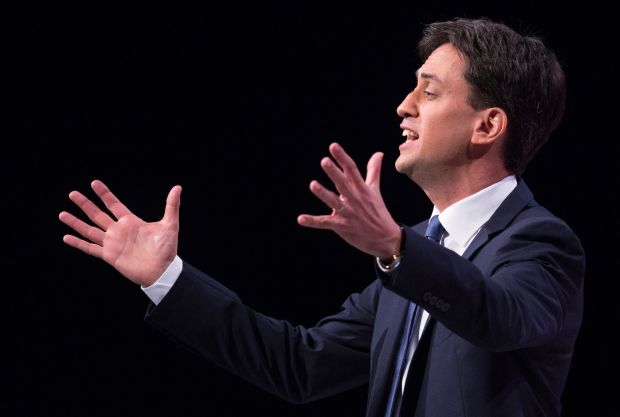Labour’s report on its election defeat is finally out, and it says there are four reasons for its defeat:
-
Failure to shake off the myth that we were responsible for the financial crash and therefore failure to build trust in the economy.
-
Inability to deal with the issues of ‘connection’ and, in particular, failing to convince on benefits and immigration.
-
Despite his surge in 2015, Ed Miliband still wasn’t judged to be as strong a leader as David Cameron.
-
The fear of the SNP ‘propping up’ a minority Labour government.
These are not surprising, and the report’s narrative verdict on how the party lost is far more interesting. It charts Labour’s failure from its refusal at the start of the last Parliament to challenge the Tory and Lib Dem narrative that it was responsible for the economic crisis, through its complacency following the ‘omnishambles’ Budget in 2012, all the way to the party’s inability to communicate a vision to voters.
First, the party ‘whether implicitly or explicitly’ decide not to fight the ‘myth of Labour’s crash’, and struggled to make a public impact as an Opposition because the media was so interested in the internal dynamics of the Coalition. The report also says that though the party had developed good policies, it struggled to communicate them to voters, and even when it did offer detailed costings, these were met with suspicion while extravagant Tory spending pledges were never subject to the same scrutiny because voters trusted the Conservatives to deliver these promises.
It also complains that Ed Miliband ‘faced an exceptionally vitriolic and personal attack’ in the press, and that ‘elements in the news media seemed determined to try to destroy him’. But later on, it does say that the party needs to develop ‘good professional relationships with media practitioners’ even while recognising that ‘by far the greater part of UK media supports our opponents’, which is perhaps as close as the party will come to acknowledging that it needs to deal with the reality that more people in the UK who buy newspapers choose to buy right-leaning ones.
Another very interesting section is one where the inquiry tries to bust what it sees as myths about the defeat. These include ‘we had the wrong policies, ‘we were out of tune with the public on deficit reduction’, ‘we were too left wing’, ‘we were too anti-business’ and ‘we were seen as anti-aspiration’. These lines were all deployed by the failed leadership contenders over the summer, but the Beckett report says ‘in general, we believe that these commonly-held reasons for defeat should be treated with caution and require deeper analysis’. This might please the Corbyn camp as it suggests its most vocal opponents are wrong. But the analysis of the ’we were too left wing’ line does say that this is ‘not a simple discussion’, because the party either lost votes or failed to gain back voters from parties that were left wing and right wing.
I understand that Jeremy Corbyn won’t be responding to the report today. While it doesn’t make any predictions about what effect the current leadership might have on Labour’s chances in 2020, it does say that ‘the primary and heavy responsibility of the party’s leadership, including the Shadow Cabinet, lies in the devising and expressing of such a vision [for Britain’s future], through inclusion and debate’. Neither the leadership nor the Shadow Cabinet is doing this currently. In fact, this report doesn’t really boost any side more than the other in the war over Labour’s future.







Comments